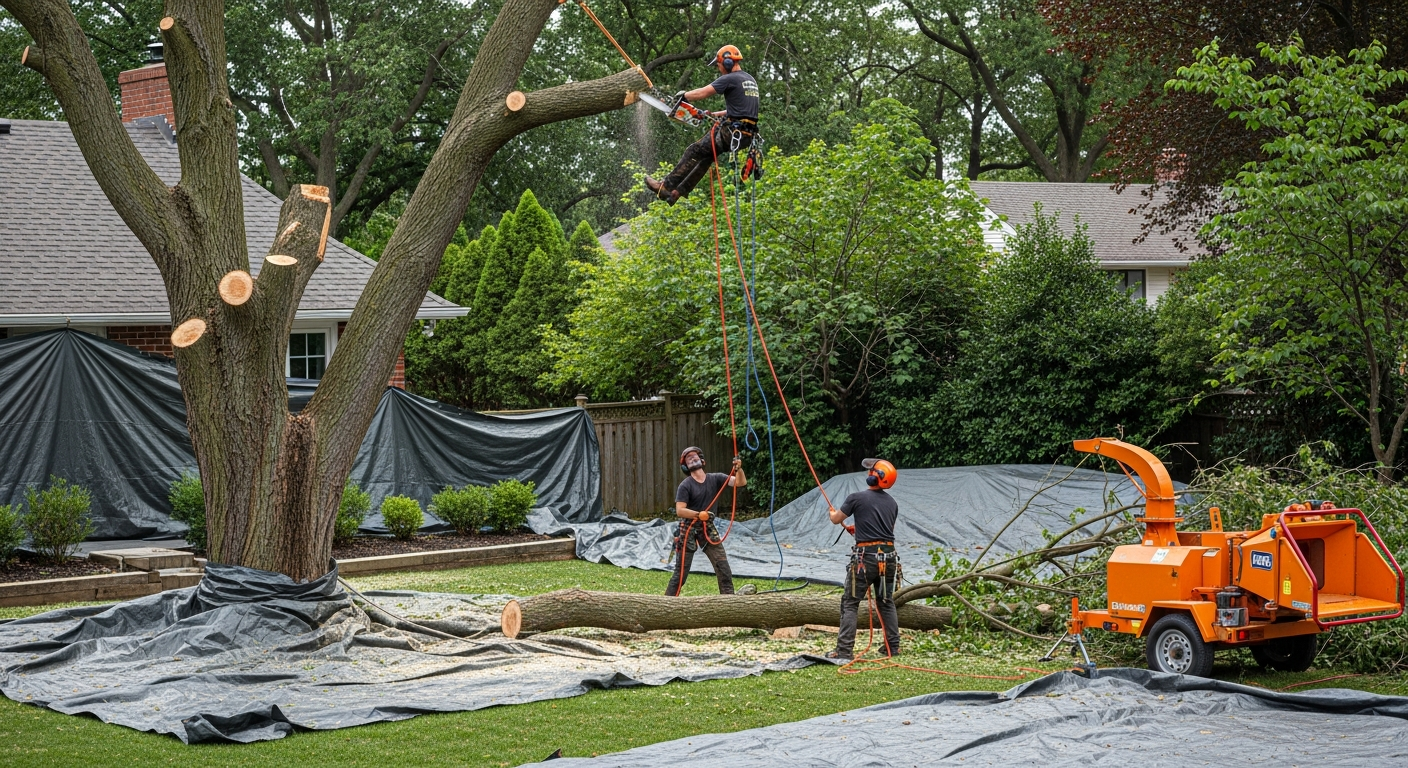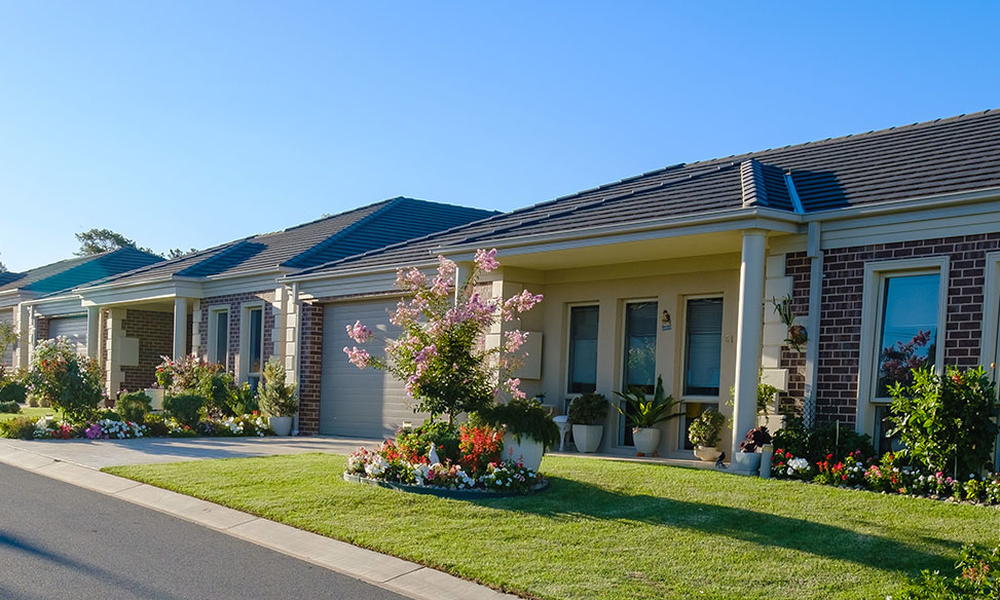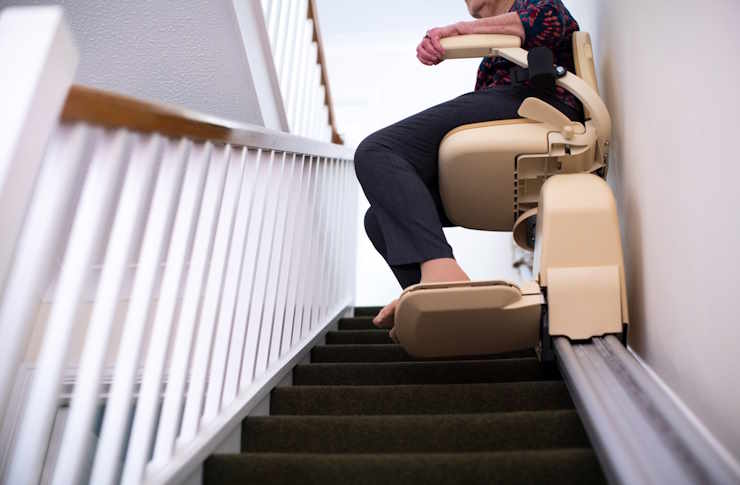Generational Bridging: The Rise of Cross-Age Mentorship Programs
In an era of rapid technological and social change, a groundbreaking trend is emerging: cross-age mentorship programs. These innovative initiatives are reshaping intergenerational relationships, fostering knowledge exchange, and breaking down age-related barriers. Read below to explore how these programs are transforming society and redefining the concept of lifelong learning.

The Evolution of Mentorship
Mentorship has been a cornerstone of human development for millennia, with knowledge traditionally flowing from older to younger generations. However, the rapid pace of technological advancement and societal change has disrupted this conventional model. Today, expertise is no longer solely the domain of the elder; younger generations often possess valuable skills and insights that their older counterparts lack. This shift has paved the way for a more dynamic and reciprocal approach to mentorship.
Breaking Age Barriers
Cross-age mentorship programs actively challenge age-related stereotypes and biases. By bringing together individuals from different generations, these initiatives foster empathy and understanding across age groups. Participants often report a newfound appreciation for the perspectives and experiences of those in different life stages. This breaking down of age barriers contributes to a more inclusive and cohesive society, where individuals are valued for their unique contributions rather than their chronological age.
The Dual-Direction Knowledge Flow
One of the most compelling aspects of cross-age mentorship is the bidirectional flow of knowledge and skills. While older participants might share wisdom gained through years of experience, younger mentors often bring fresh perspectives and up-to-date technical knowledge. This exchange creates a rich learning environment where both parties benefit. For instance, a senior executive might guide a young professional in leadership and strategic thinking, while simultaneously receiving insights into emerging technologies and social media trends.
Addressing Generational Gaps in the Workplace
In the professional sphere, cross-age mentorship programs are proving to be powerful tools for bridging generational gaps. As workplaces become increasingly multigenerational, these initiatives help foster collaboration and mutual respect among colleagues of different ages. Companies implementing such programs report improved communication, increased innovation, and a more harmonious work environment. By facilitating meaningful connections across age groups, these programs help create a more unified and productive workforce.
Impact on Personal Growth and Well-being
Beyond professional development, cross-age mentorship programs have significant impacts on personal growth and well-being. For older participants, these initiatives provide opportunities to stay engaged, share their knowledge, and feel valued in an ever-changing world. Younger mentors often report increased confidence and a sense of purpose from being able to contribute meaningfully to the growth of others. The intergenerational relationships formed through these programs can also combat social isolation, a growing concern in many societies.
Challenges and Considerations
While the benefits of cross-age mentorship are numerous, implementing these programs is not without challenges. Overcoming deeply ingrained age-related biases and encouraging open-mindedness among participants can be difficult. Additionally, ensuring that the mentorship relationships remain balanced and mutually beneficial requires careful planning and ongoing support. Program organizers must also navigate potential generational differences in communication styles and expectations to foster successful partnerships.
The Future of Learning and Social Cohesion
As cross-age mentorship programs continue to gain popularity, they are reshaping our understanding of learning and social dynamics. These initiatives highlight the value of lifelong learning and the importance of intergenerational connections in an increasingly age-segregated world. By fostering empathy, knowledge exchange, and collaboration across age groups, these programs are laying the groundwork for a more inclusive and adaptable society.
In conclusion, cross-age mentorship programs represent a powerful tool for bridging generational divides and fostering a more cohesive society. As we navigate the complexities of a rapidly changing world, these initiatives offer a promising path towards mutual understanding, continuous learning, and social harmony. The success of these programs underscores the untapped potential that lies in bringing different generations together, challenging us to rethink our approach to education, professional development, and community building.






